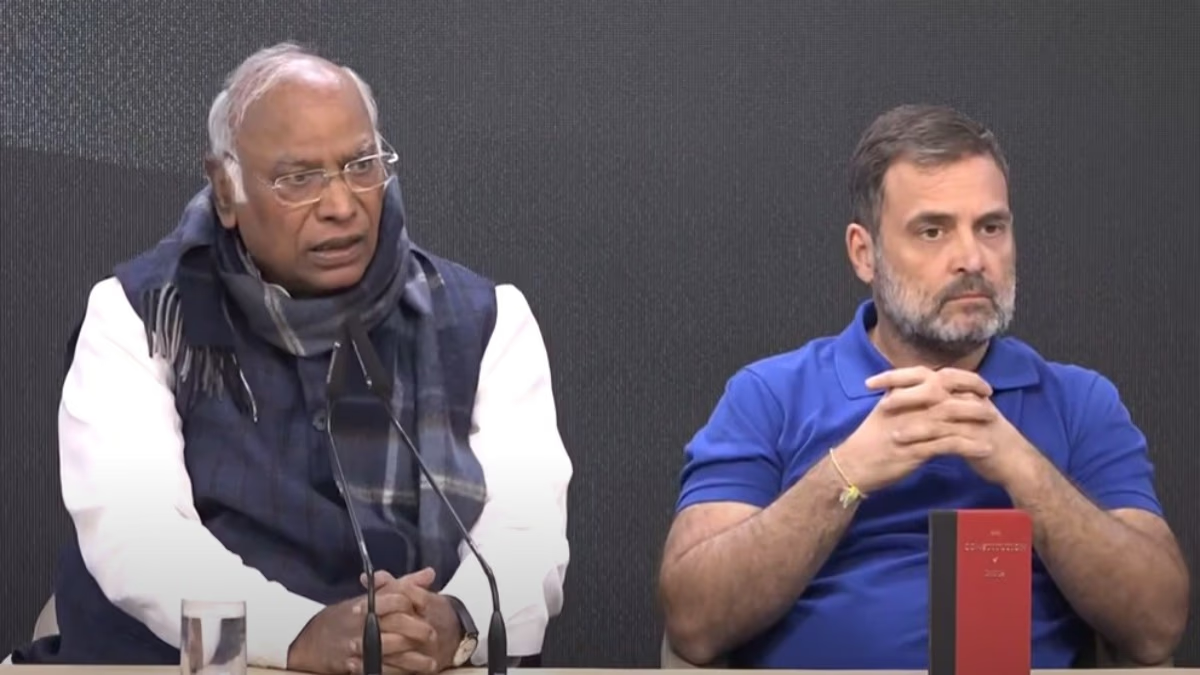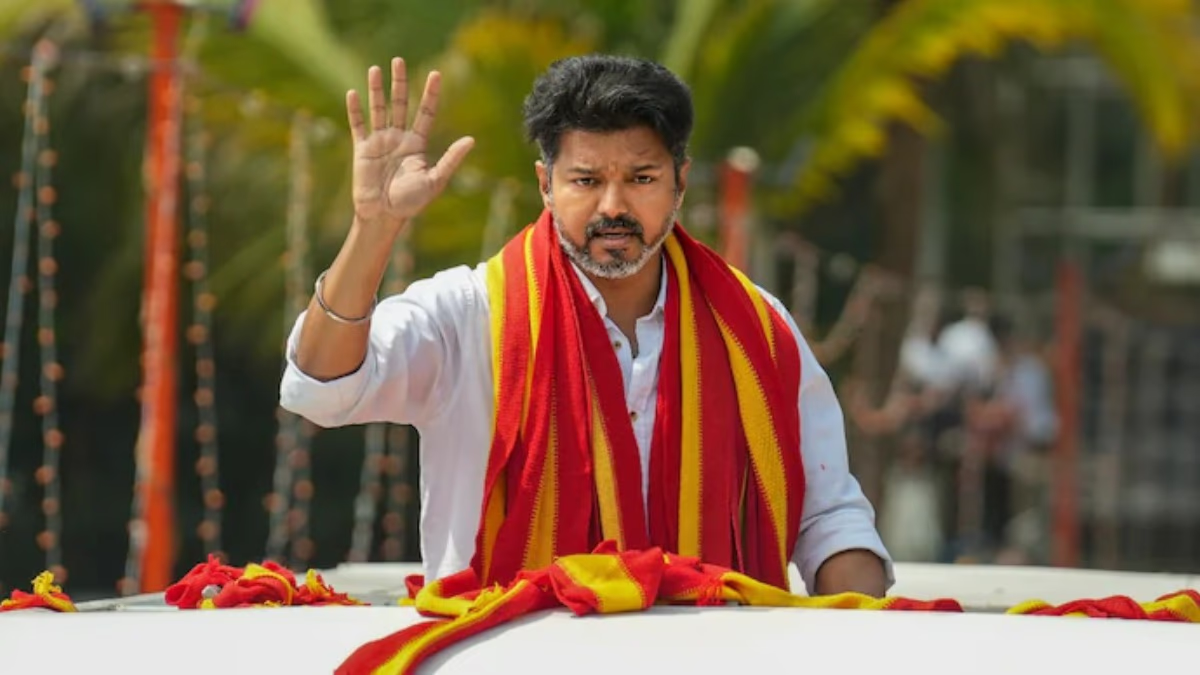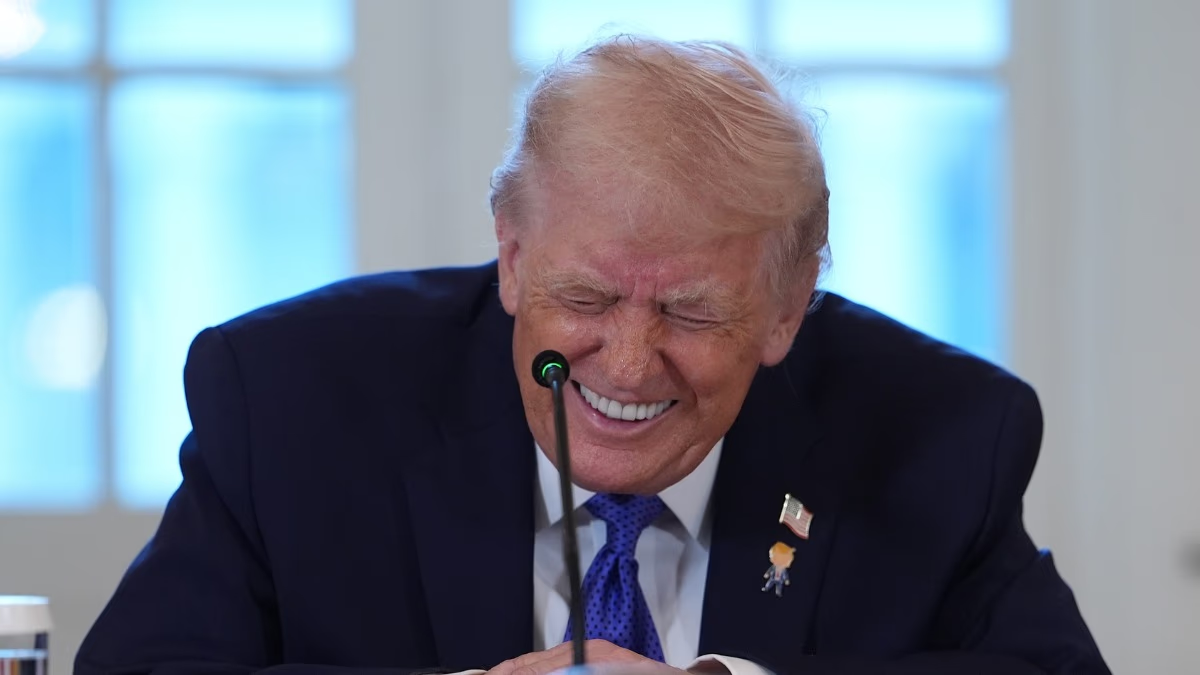With elections looming in the Union Territory of Delhi, the official dates are yet to be announced. However, swords are drawn between Congress and the Aam Aadmi Party, who had previously allied during the recent Lok Sabha elections. Congress treasurer Ajay Maken has recently released a charge sheet and white paper targeting the ruling Aam Aadmi Party in Delhi and the central government led by the Bharatiya Janata Party (BJP).
Ajay Maken discussed the tumultuous 49-day coalition government led by Arvind Kejriwal following a hung mandate in 2013, deeming it a significant error by Congress. He emphasized that had Congress not assisted in forming Kejriwal's government, Delhi’s citizens would not be facing current issues.
Maken further criticized the inclusion of the Aam Aadmi Party in the India Block alliance during the Lok Sabha elections, pointing out its adverse impacts on Congress, which are now evident in the assembly elections. Ajay Maken and many Delhi Congress leaders are revisiting this 11-year-old mistake while the Youth Congress has filed complaints against the ruling party concerning women’s respect and the Sanjeevani scheme registrations. This brings forth the question: Why is Congress frequently recalling an 11-year-old blunder?
Why Is Congress Reminiscing This Past Mistake?
There are reasons why this old mistake resurfaces constantly for Congress. Examining the election results from 2008, 2013, and 2015 is crucial. In the 2008 Delhi elections, Congress formed the government by winning 43 seats with a 40.3% vote share. Yet by 2013, their vote share had dwindled to 24.70%, securing just eight seats.
The BJP emerged as the largest party in 2013 with a 33.3% vote share, winning 31 seats. Meanwhile, the fledgling Aam Aadmi Party won 28 seats with a 29.70% vote share. To keep BJP from power, Congress backed AAP, facilitating a government led by Arvind Kejriwal. This government lasted only 49 days before Kejriwal resigned.
Read More: 'Both BJP and Congress Want to Stop AAP,' says Arvind Kejriwal on LG's Order to Investigate
In the 2015 Delhi Assembly elections, AAP swept through, leaving Congress with only 9.7% of the votes and no seats won. AAP secured 67 seats with a 54.5% vote share. BJP was reduced to just three seats, possessing a 32.3% vote share. Analysts credit Congress's vote bank shifting towards AAP, with alliances playing a part in this shift.
Unable to Reclaim Its Position
After a complete wipeout in 2015, Congress never regained its footing. In the 2020 Delhi elections, its vote share plummeted to 4.3%, with no seats gained. While AAP saw a slight increase of 0.5% in its vote share, BJP's vote share and seat count rose; its vote share reached 38.7%, winning eight seats. Despite Congress receiving a decent vote share in national elections from 2014 to 2024, no seats were won. In the latest polls, even with an alliance with AAP, Congress came up empty-handed in Delhi.
Read More: 'Biggest Blunder by Congress Was the Alliance with AAP,' Declares Ajay Maken
How Did Congress Perform from 2014 to 2024?
Regarding general elections, Congress won all seven Lok Sabha seats in Delhi with a 57.1% vote share in 2009. By 2014, this figure had shrunk to 15.2%, resulting in zero seats, a result mirrored by AAP despite securing 33.1% of the votes. By 2019, Congress's vote share rose to 22.6%, positioning it as the second largest party behind BJP and ahead of AAP’s 18.2%. However, ahead of the 2024 elections, Congress again allied with Kejriwal’s party, yielding a 19% vote share and finishing third behind BJP and AAP.




